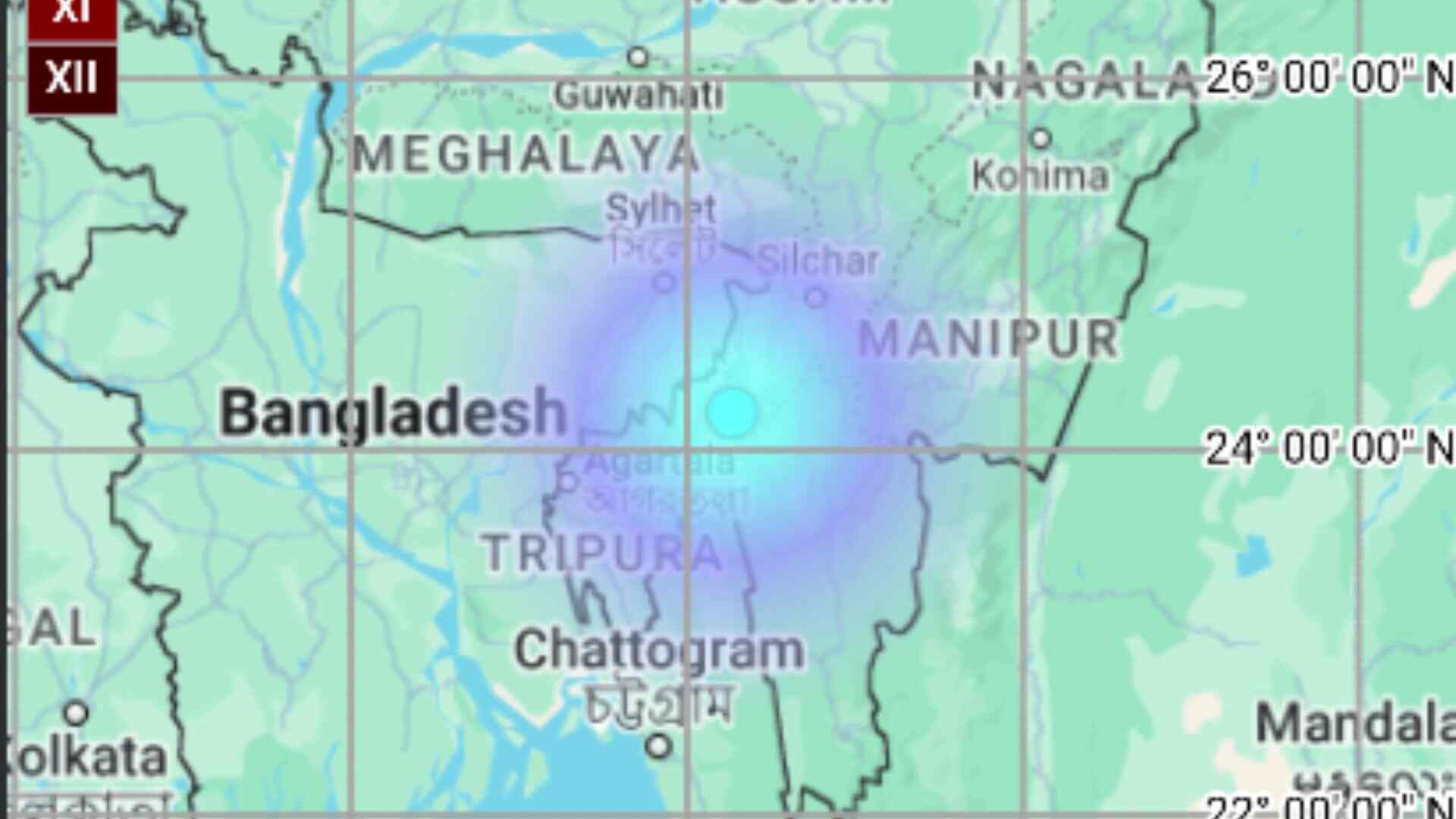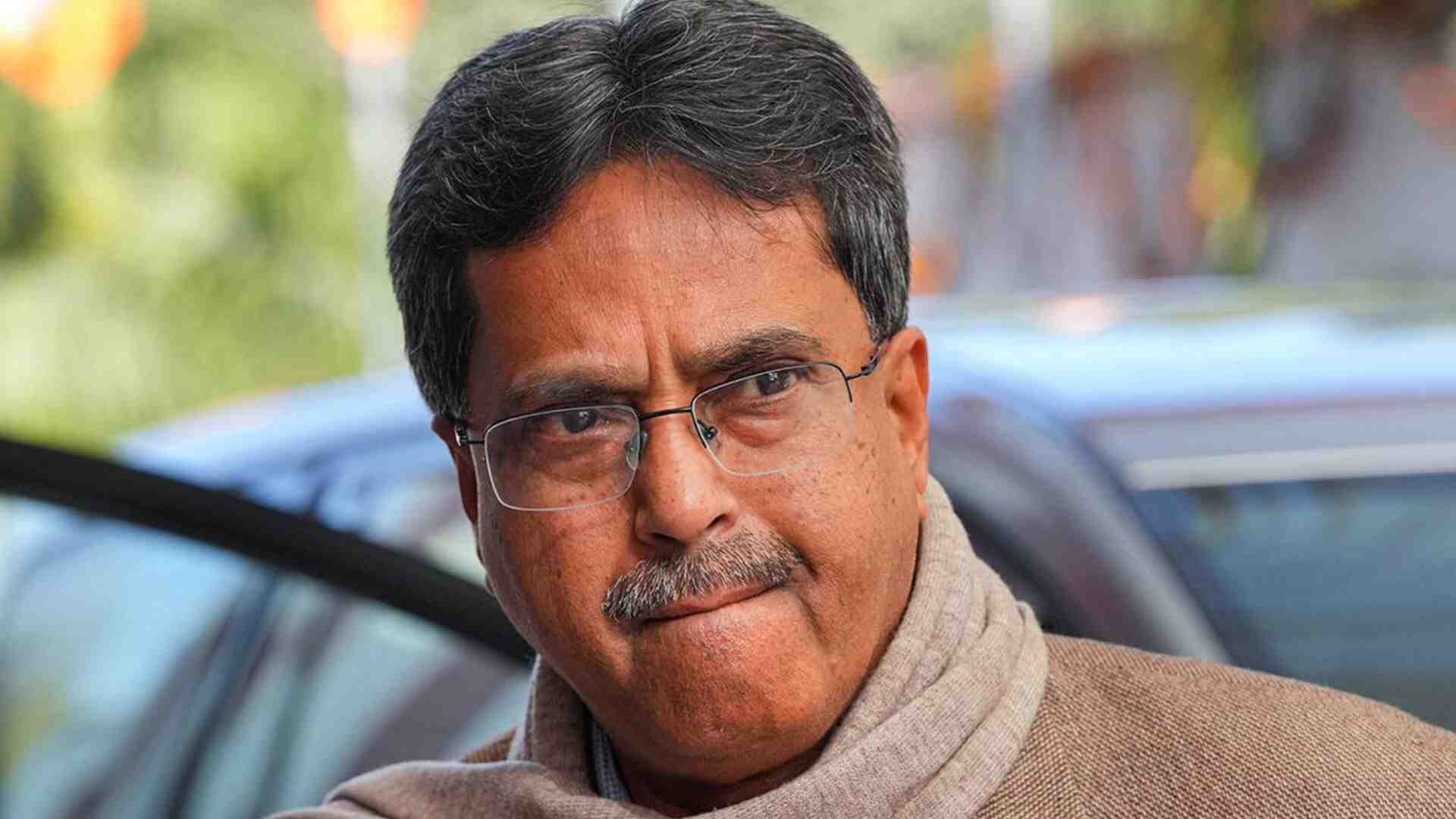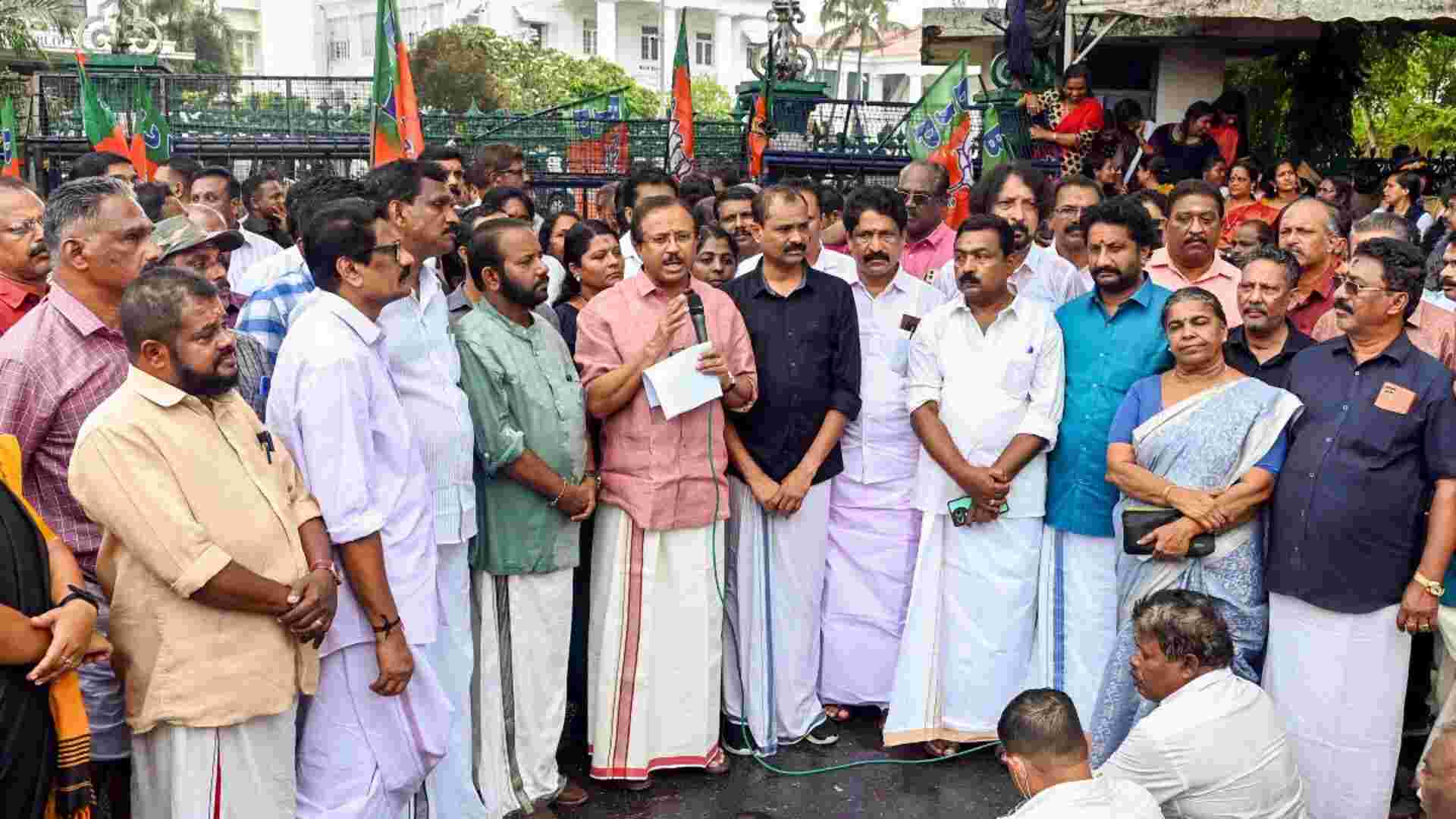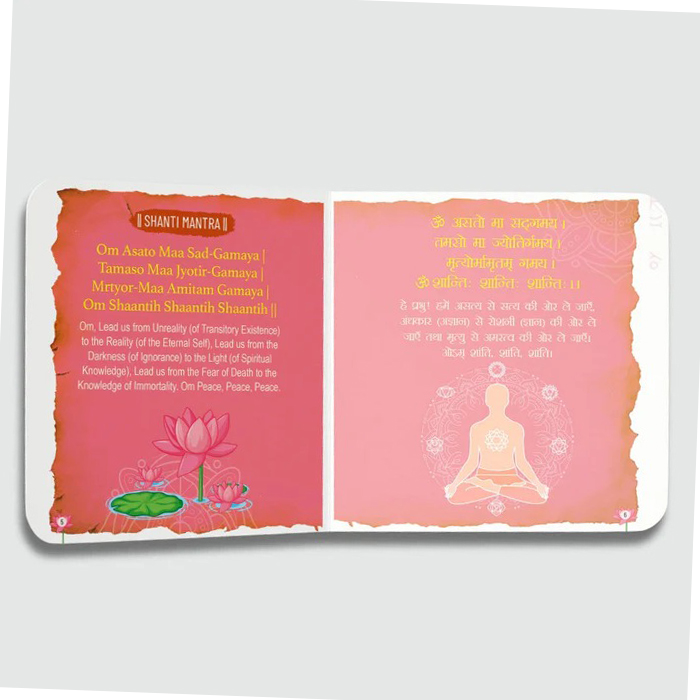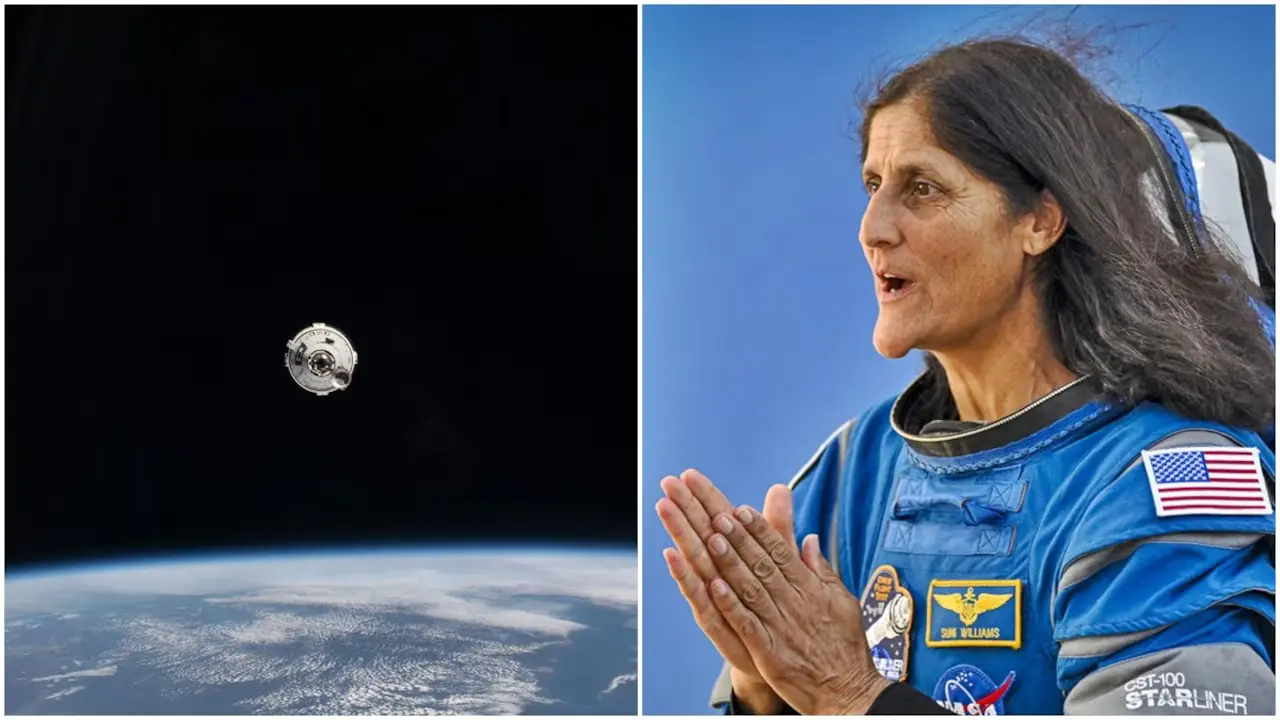
Sunita Williams and Barry Wilmore, two NASA astronauts, arrived at the International Space Station (ISS) on June 5th aboard Boeing’s Starliner spaceship. They were initially scheduled to return to Earth within 8-10 days, but their departure was delayed due to helium leaks and thruster issues on the Starliner. As a result, NASA decided to send the spacecraft back to Earth without the crew, prioritizing their safety. Now, Williams and Wilmore are expected to stay on the ISS until February 2025, when SpaceX will bring them back using a different capsule.
NASA Administrator Bill Nelson emphasized that the decision to keep Williams and Wilmore on the ISS and return the Starliner without them is a reflection of NASA’s commitment to safety, noting that “space flight is risky even at its safest and even at its most routine.”
Despite the extended stay, Sunita Williams’ family remains supportive and positive. Her husband, Michael J. Williams, mentioned that the ISS is her “happy place,” and her mother, Bonnie Pandya, described her as a “seasoned astronaut” who is well-prepared for this extended mission. Pandya, who spoke with her daughter recently, shared that Sunita reassured her not to worry, emphasizing that she is handling the situation well and that “everything’s going to be fine.”
This extended stay underscores the challenges and unpredictability of space travel, even as advancements in technology continue to improve safety and efficiency.

